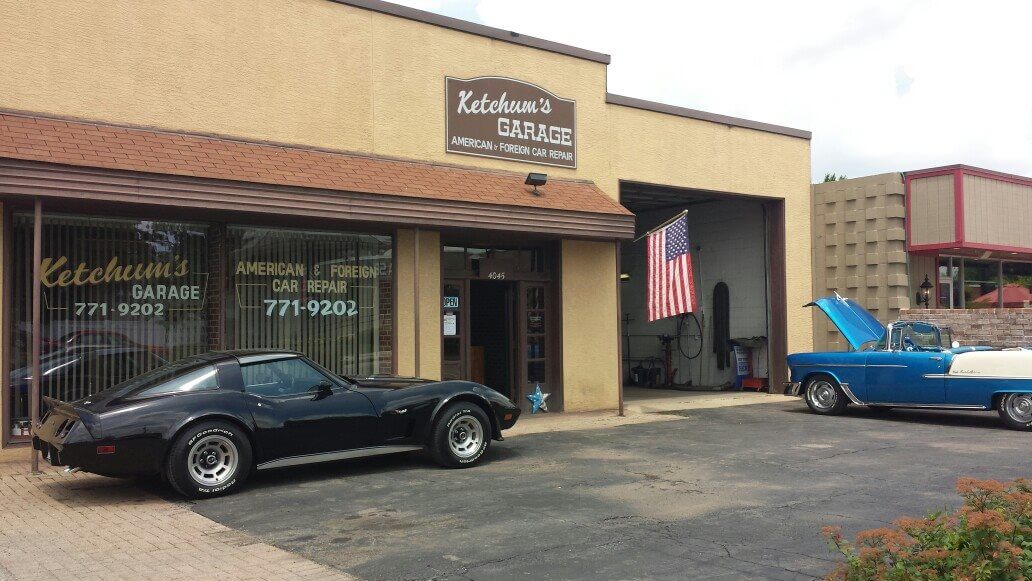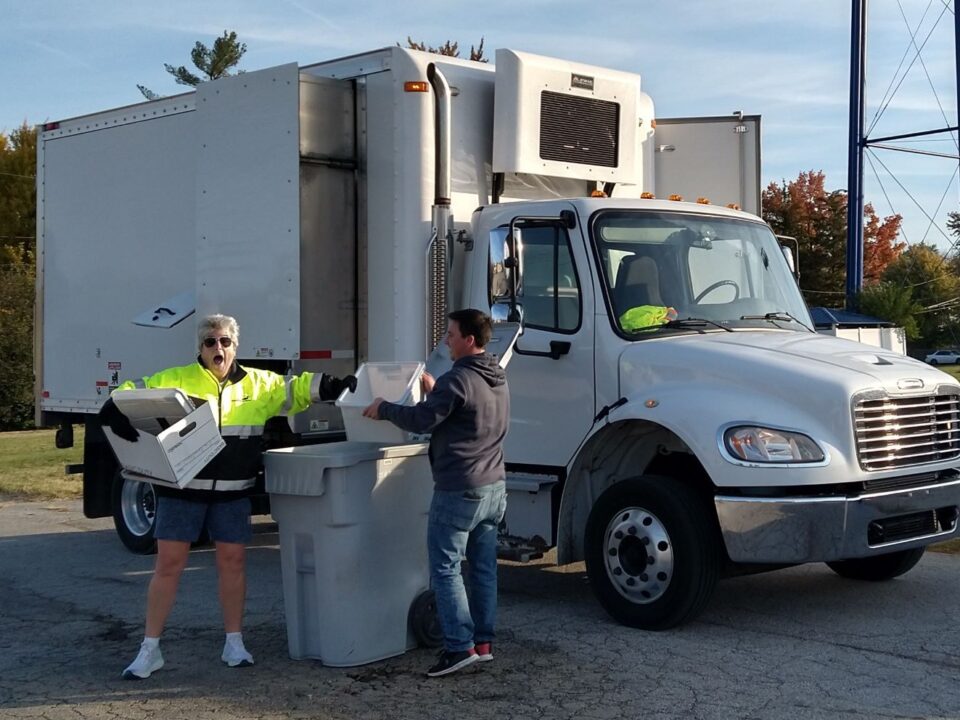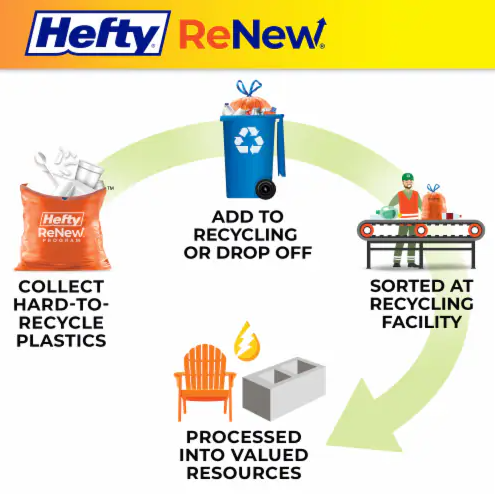Trashy News
November 3, 2016
For Ketchum’s Garage, Red Dragon Slashes Heating Costs
January 19, 2017Below are some fresh ideas for how to incorporate green practices in your day-to-day life AND to get to know some of the members the Hilliard ESC a little bit better. We hope you get some useful ideas from the list and we encourage you to leave your own green-living tips in the comments.
Pete & Bev Marsh:
“Even if you don’t have the time or space to create a separate fruit and vegetable garden, you can incorporate fruit and vegetable plants into your regular planting beds. Raspberries and blueberries are great because there’s no need to replant; they’ll come back up next year. Next year we are looking forward to trying out some of the new cherry tree varieties that will fit in a patio container.”
Jon Hsu:
“For those who have a Keurig coffee machine, look for pods made from biodegradable materials. Or even better, try a reusable filter. They’re relatively inexpensive (~$10-15 from Amazon) and allow you to use your own coffee grounds which will save you money over time. You can compost the grounds after brewing and avoid throwing away the plastic/foil pod every time you want a cup of coffee.”
Melissa Muth:
“My big thing is donating unwanted/unused items instead of throwing them in the trash. Old clothes, shoes, coats, books, furniture, light fixtures, bedspreads, towels, various household items, etc. There are tons of organizations that will take just about anything. My personal favorite is the National Kidney Foundation because 1) they pick up, 2) they literally take anything, including magazines! and 3) they call me every month to schedule a pickup. My goal is to have two bags or boxes ready for donation every month. I’m working up to the goal of donating two items for every new item I bring into the house! I love the idea of someone else using an item instead of it going to the landfill. Even if the item ends up in a Salvation Army store where it is “sold” at a low price, to me that is better than filling up our landfills with good, useful stuff. And don’t forget the benefit of writing off donations on your tax returns as well. The way I see it, donating is a win-win for all parties.”
Kristin Hosni:
“Every time I go to throw something in the trash I ask myself if there is somewhere else that item could go instead of the landfill. I have noticed that my trash is not as full as it used to be.
If we use the restroom at night we wait to flush the toilet and do it in the a.m. after we go to the bathroom again. This saves water, as well as helps to not wake up others in the family.
Also, I consistently talk with my kids about best practices such as unplugging their electronic device when not in use, turning off lights, and recycling.”
Peter Spreitzer:
“Most people already know that using reusable grocery bags is a great idea in order to cut down on disposable plastic bags. But when you’re trying to eat healthy, you might roll through the produce section and end up with 5-10 plastic bags around your broccoli, sweet potatoes, etc. before you even check out. So another suggestion I have is to also use reusable produce bags.
Another way to cut down on plastic if you have an electric shaver is to reuse the cleaning cartridge in the base of the shaver by dumping out the used liquid and refilling it. Shaver Shebang sells a gel that you can mix with water or rubbing alcohol so you can keep using the same cartridge. This can save you a decent amount of money, too, in addition to cutting down on plastic waste.”
Greg Smith:
“Here’s my green-living tip: go online and find your local Nextdoor.com community. Many people use Nextdoor as a sort of online ‘curb alert’: ‘Hey, I am getting rid of a fan if anyone wants to stop by and grab it.’ You can cut down on waste and find some good stuff yourself, too.”
Ed Cheshire:
“I put a small bin for recyclables in bathroom and I couldn’t believe how fast it filled up!
Also, another suggestion by way of a friend of mine who is a mechanical engineer: buy cheap furnace filters and change them more frequently. Frequent changes are more important in this case than expensive products, so buying cheap ones will allow you to keep easier airflow through your system so it doesn’t have to work as hard.”
From Kim Movshin:
“Some things I do are:
- Keep the blinds closed in summer to keep out the heat, but open them in winter to heat the house.
- Recycle everything I can, including toilet paper rolls. (Ed. note: Here are some reminders on what items are recyclable through Hilliard’s residential recycling program.)
- When the city provided garbage cans, I converted my garbage cans into yard waste containers. This keeps the old cans out of the landfill and saves on buying yard waste bags.
- To save on emissions and gas, park cars in the garage, especially in the winter so they don’t have to be warmed up before driving. Also, I run errands for stores that are close to each other or on my way somewhere.”




